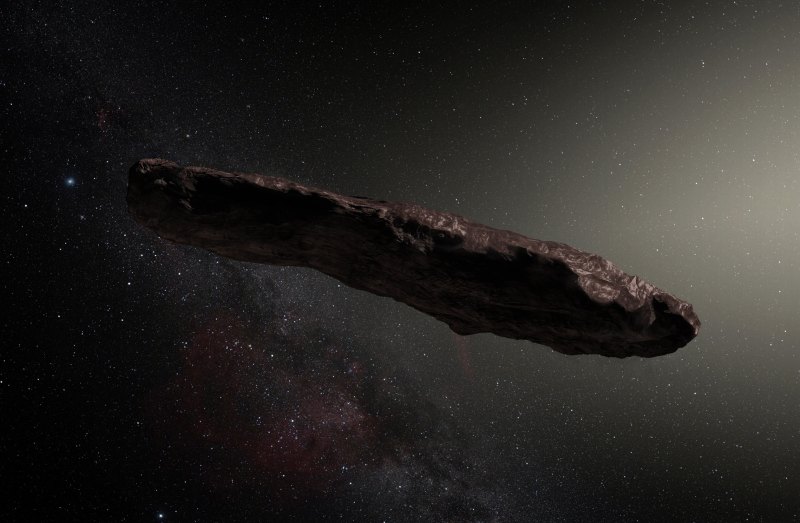How the ‘oxygen bottleneck’ could help spot exoplanets with alien tech
Look at the development of Earth-bound tech and you’ll find fire at the heart of it, says a duo of researchers. And what does fire need to burn? Oxygen, whose chemical signature could provide clues to technological societies on worlds beyond our own.Co… Continue reading How the ‘oxygen bottleneck’ could help spot exoplanets with alien tech

